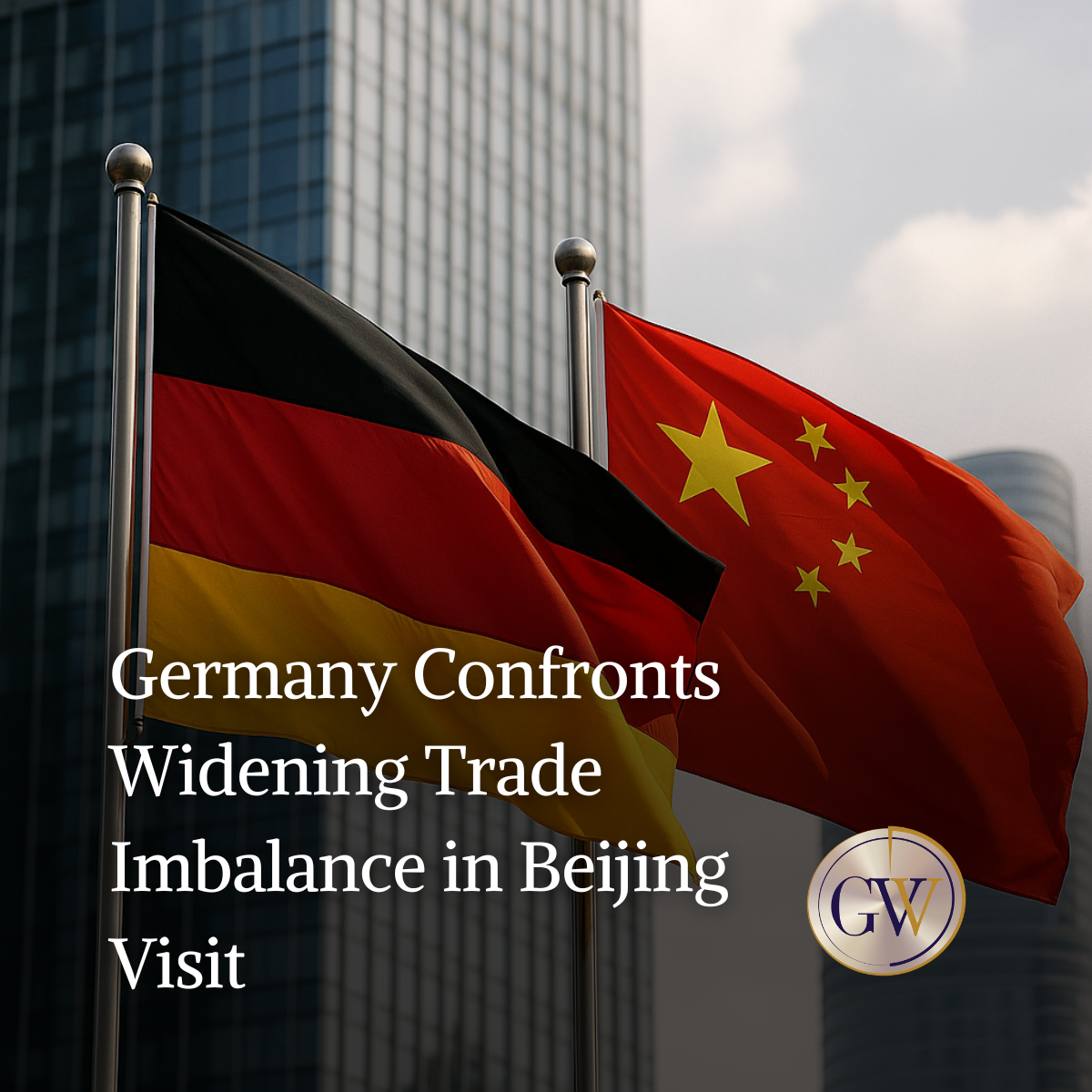Germany Confronts Widening Trade Imbalance in First Beijing Visit
Germany’s Finance Minister, Lars Klingbeil, arrived in Beijing for his first official visit, stepping directly into one of Europe’s most consequential economic challenges: a record and accelerating trade deficit with China. According to Reuters, Germany’s trade gap with Beijing has swelled to roughly €87 billion, driven in part by a sharp fall in German exports and a simultaneous rise in Chinese shipments into the European market.
The imbalance underscores a deeper structural tension. German manufacturers — long the backbone of Europe’s industrial engine — are losing ground in key sectors as Chinese overcapacity continues to spill into global supply chains. At the same time, China’s restrictions on rare-earth exports and Europe’s concerns over dependency in critical materials have elevated economic security to a top-tier policy priority in Berlin and Brussels.
Klingbeil’s agenda reflects this new geopolitical calculus: stabilizing trade flows, addressing industrial over-supply, and seeking clarity on China’s export policies in strategic sectors from electric mobility to advanced materials. His visit comes with full backing from the European Union, signaling alignment across the bloc on the need to rebalance economic relations after years of deep integration — and new vulnerabilities.
The moment captures a broader pivot in global finance and policy. As supply chains wobble and trade asymmetries widen, Europe is negotiating not only economic terms, but the future architecture of its industrial resilience. Germany’s presence in Beijing marks the latest step in redefining how two of the world’s largest economies engage in an era shaped as much by policy and security as by markets.


